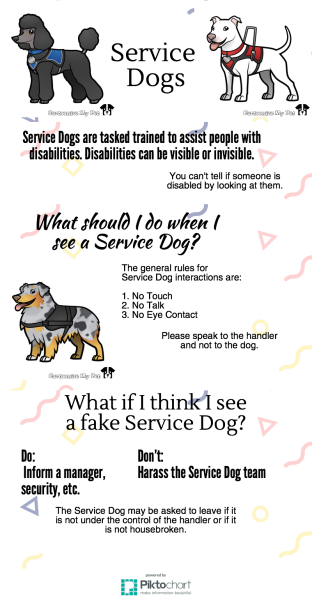What Happens If Dog Fights At Daycare
What Happens If Dog Fights At Daycare
Blog Article
Can Pet Daycare Reason Health Problem?
Canines in daycare obtain great deals of exercise, socialization with various other pet dogs and distinct experiences. This can be especially helpful for pups and pets with behavioral issues.
There are several legal factors to consider you require to consider when starting a dog childcare organization. These include the structure of your company and conformity with federal government laws.
1. Pooch Distemper
Canine distemper is spread through direct contact with the bodily liquids and waste of a contaminated dog, however it can likewise be sent using shared water and food bowls or with airborne beads. This extremely transmittable ailment is most harmful for young puppies, however it can affect pet dogs of any age and is fatal for many if left unattended.
Initial symptoms of canine distemper commonly resemble an acute rhinitis, including runny eyes and nose with watery or pus-like discharge. As the disease progresses, a canine will establish fever, coughing, decreased hunger, vomiting and looseness of the bowels. The infection can additionally strike the nervous system, resulting in seizures, jerking and partial or total paralysis.
Reputable daycares reduce direct exposure to infection by calling for vaccinations, regular health examinations and follow stringent health protocols. If your puppy appears overly weary or limping, a day off may aid him recuperate, however you should stay clear of taking him back to daycare till these symptoms improve.
2. Kennel Coughing
Kennel cough, likewise known as contagious canine tracheobronchitis or Bordetella, is a very infectious viral or microbial illness that impacts the breathing system. It's typically transferred with the exchange of saliva or air droplets that a sick dog exhales. Social pet dogs are at higher risk for infection as a result of their regular interaction with one another, such as when they play, share food or water, sniff one another or just meet in a crowded environment like a canine park or daycare.
One of the most typical sign of kennel cough is a consistent and forceful coughing that seems like something embeded the throat or retching. Commonly, pets will certainly spend frothy white phlegm. If left untreated, a pet can establish pneumonia and be at serious threat forever.
A credible day care facility need to have stringent cleaning and cleanliness procedures, sanitize all playthings, food and water bowls on a regular basis, and be open regarding their vaccination plans. Maintaining your canine as much as date on their inoculations, particularly for bordetella and canine influenza, will substantially minimize their chances of getting the health problem.
3. Parvovirus
Canine parvovirus, or parvo, is a highly transmittable viral disease that can be fatal for pups and young person canines with inadequate immune systems. It's most commonly spread out by direct contact with contaminated pet pet boarding near me for dogs dog feces-- which can happen when pets smell, lick, or taste infected feces-- and indirectly from infected people, objects, or settings (like kennels, grooming areas and yards). Pups and canines without complete inoculation histories are specifically susceptible to parvo.
The infection is incredibly resistant, making it through in the environment for as much as nine years, and can quickly be transferred in between dogs by call through feces or on footwear, clothing, and bedding polluted with parvovirus. If not dealt with immediately with IV liquids, electrolyte balance, throwing up control medications and anti-biotics to prevent additional bacterial infections, a pet dog will rapidly dehydrate and create severe looseness of the bowels, which leads to shock and blood poisoning. Parvo is difficult to treat once a pet dog has ended up being ill, yet with suitable vet treatment, many young puppies do endure this disease.
4. Pooch Influenza
Pooch influenza virus is very contagious and spreads via direct get in touch with, sharing food and water bowls, licking or nuzzling various other canines, via airborne droplets, and via contaminated surface areas. Vaccination is effective in lowering the risk of infection and break outs.
Most impacted pets establish a light respiratory infection with a cough that lasts 1-3 weeks. They might also have nasal and ocular discharge, sneezing, and sleepiness. Some of the most significant cases lead to pneumonia and a high fever.
If your pet exhibits any of these signs and symptoms, do not bring them back to daycare until they are healthy and balanced. If your pet is showing indications of severe fatigue or limping, speak to your veterinarian right away and ensure they get on healthiness supplements to help develop their resistance. A vet will assess your pet dog for signs and symptoms of the influenza by taking a sample from the nose or throat, and blood examinations can be done to confirm.